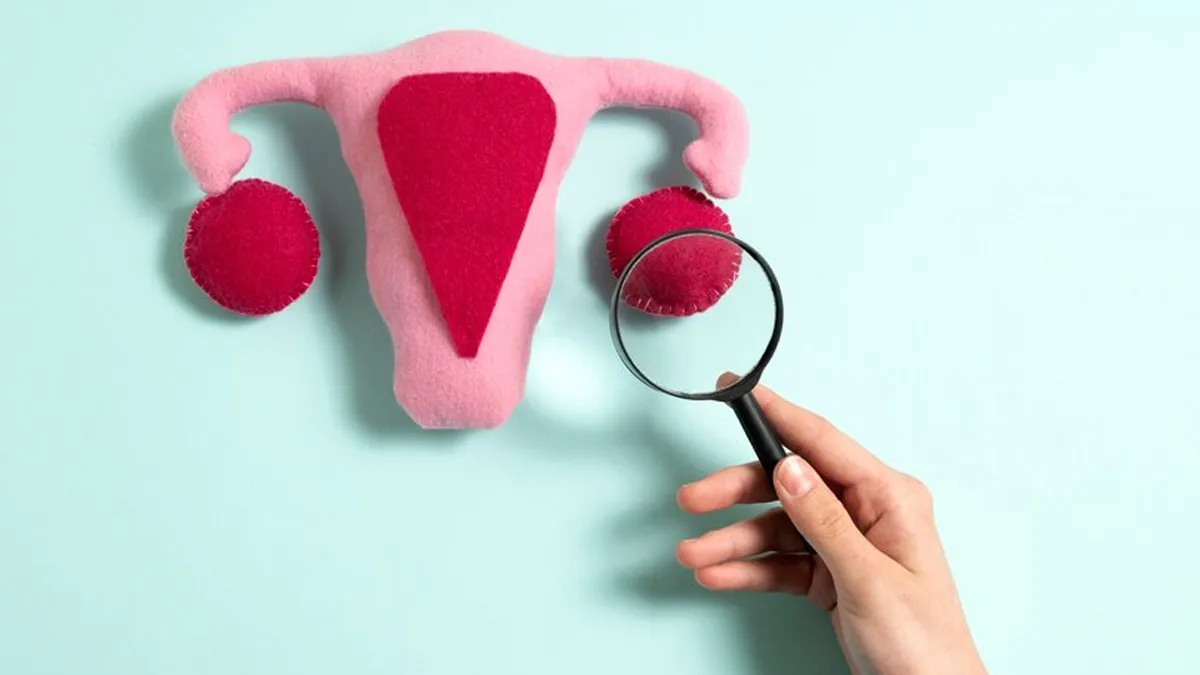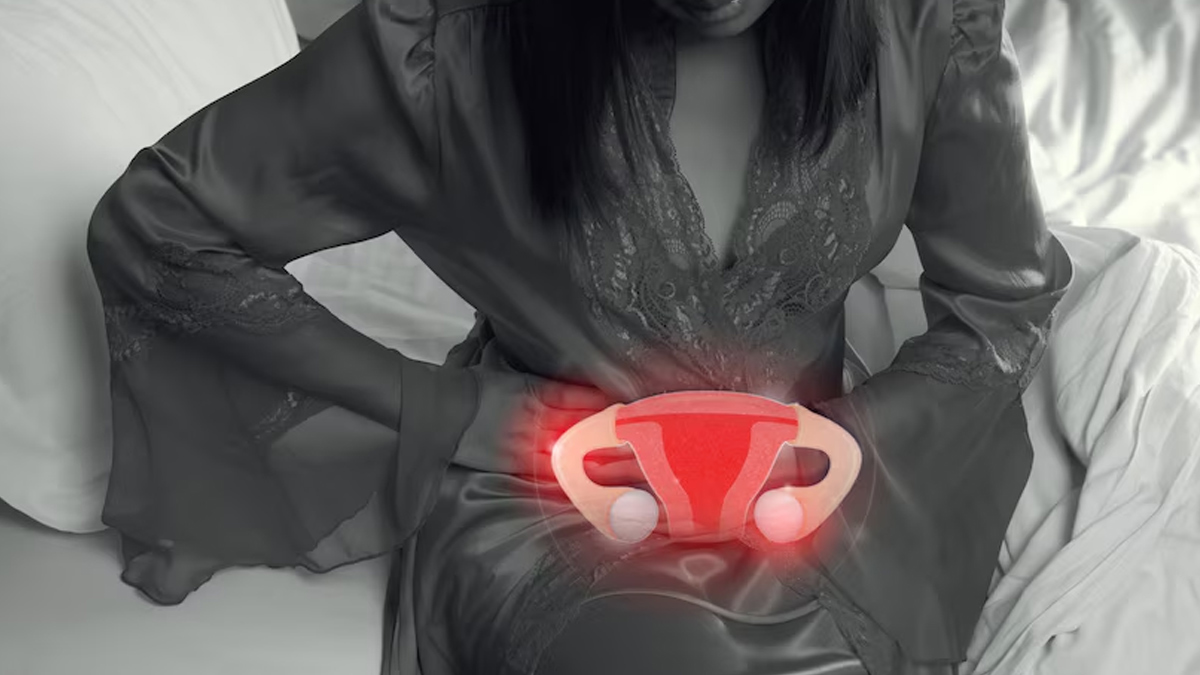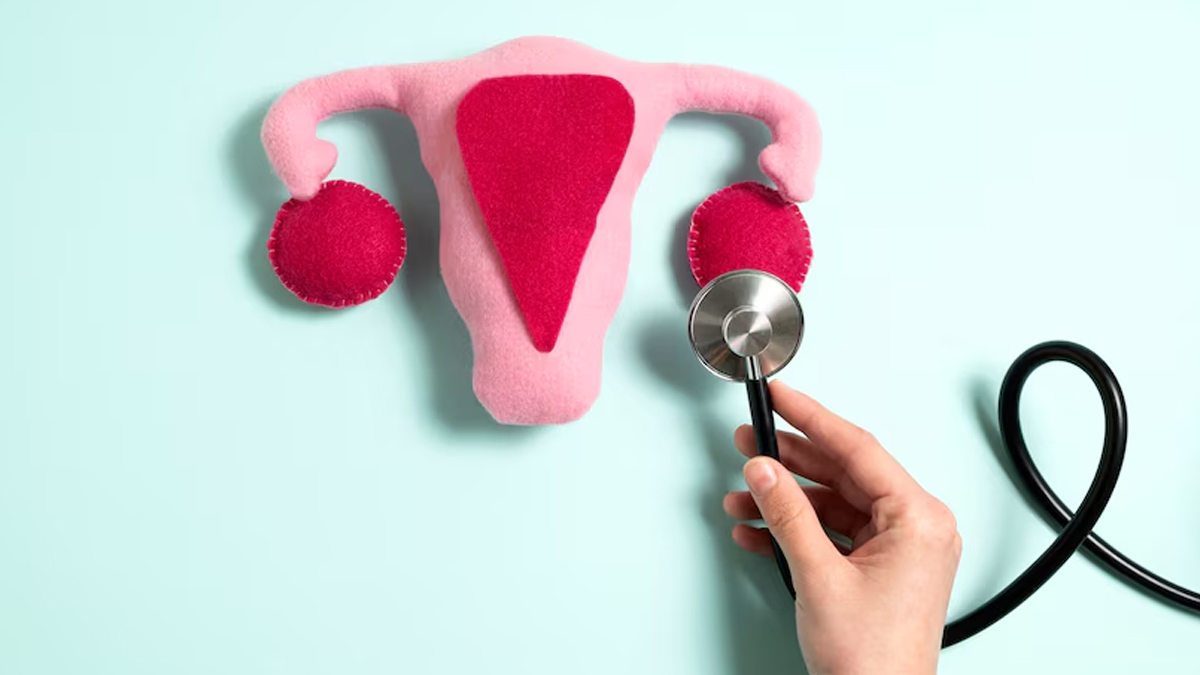
Blocked fallopian tubes are a common yet often misunderstood cause of female infertility. These slender tubes, which connect the ovaries to the uterus, play a crucial role in reproduction by facilitating the journey of the egg and sperm, and later, the fertilised embryo to the uterus. When a blockage occurs in one or both tubes, this natural process is disrupted, preventing fertilisation or implantation.
Table of Content:-
To understand more about this condition, OnlyMyHealth interacted with Dr Seema Jain, Director of the Department — IVF and Fertility, Cloudnine Group of Hospitals, Pune. Dr Jain explains, “The fallopian tubes are the highways of conception. A blockage acts like a roadblock, either stopping the egg from meeting the sperm or preventing the fertilised egg from reaching the uterus.”
According to research by Columbia University, blocked fallopian tubes are a leading cause of infertility in women, accounting for about 25-30% of all cases.
This condition often goes undiagnosed due to a lack of symptoms, with many women only discovering it during infertility evaluations. While the condition can feel overwhelming, with appropriate medical interventions and lifestyle adjustments, many women overcome this challenge.
Causes of Blocked Fallopian Tubes

Dr Seema Jain, Director of the Department of IVF and Fertility at Cloudnine Group of Hospitals, Pune, explains, “Blocked fallopian tubes can arise from various conditions that cause scarring, inflammation, or physical obstruction in the tubes. Addressing these underlying causes is vital for effective treatment.”
Some common causes explained by Dr Jain include:
Pelvic Inflammatory Disease (PID): Often caused by untreated sexually transmitted infections, PID can result in scarring and blockages.
Endometriosis: The abnormal growth of uterine-like tissue outside the uterus can lead to adhesions and obstruct the tubes.
Past surgeries: Pelvic or abdominal surgeries, particularly around the fallopian tubes or uterus, can create scar tissue.
Fibroids: These noncancerous growths in the uterus can compress or block the fallopian tubes.
Tubal Ligation Reversal: Undoing a sterilisation procedure may sometimes lead to scarring and blockage.
Also read: Expert Explains About Fallopian Tube Blockage & Its Impact on Fertility
Diagnosis of Blocked Fallopian Tubes

Blocked fallopian tubes are often asymptomatic and typically discovered during fertility evaluations. Diagnostic tools include:
Hysterosalpingography (HSG): A dye-based X-ray to detect blockages.
Laparoscopy: A minimally invasive surgical procedure providing a clear view and potential treatment for blockages.
Ultrasound and Sonohysterography: Imaging techniques that detect abnormalities in the reproductive organs.
Treatment Options
Dr Jain emphasises, “The choice of treatment depends on the extent and location of the blockage, the patient’s age, and overall reproductive health.” Common treatment options include:
Laparoscopic surgery: Suitable for minor blockages, this minimally invasive procedure removes adhesions, improving the chances of natural conception.
In Vitro Fertilisation (IVF): IVF bypasses the fallopian tubes entirely, offering a viable option for women with severe blockages. Eggs are fertilised outside the body and implanted directly into the uterus.
Selective tubal cannulation: A nonsurgical method to clear blockages near the uterus using a thin catheter.
Also read: How Can You Get Pregnant With A Single Fallopian Tube?
Tips to Boost Pregnancy Chances

While medical treatments are crucial, Dr Jain recommended that lifestyle modifications can enhance fertility and overall reproductive health. Here are some essential lifestyle changes listed by her:
- Maintain a healthy weight: Obesity or being underweight can disrupt hormone levels, affecting ovulation.
- Adopt a balanced diet: Dr Jain advises including foods rich in antioxidants, vitamins, and minerals, while minimising processed foods.
- Quit smoking and limit alcohol: Smoking damages the fallopian tubes, while excessive alcohol consumption can impair fertility.
- Manage stress: Techniques like yoga, meditation, or counselling can help regulate hormonal balance and reduce emotional strain.
- Regular exercise: Moderate physical activity promotes hormonal balance and supports a healthy weight.
- Avoid environmental toxins: Reduce exposure to chemicals like BPA, often found in plastics, which can harm reproductive health.
When to Seek Help
Dr Jain recommends, “Women under 35 should consult a fertility specialist if they have been trying to conceive for over a year, and those over 35 should seek help after six months.”
Conclusion
Blocked fallopian tubes, though a significant hurdle, are treatable with advances in medical science. Combining appropriate medical interventions with a healthy lifestyle can greatly enhance the chances of conception and support overall reproductive health. As Dr Jain concludes, “Every woman’s journey is unique, and with the right support and care, motherhood can become a reality for many facing this condition.”
Also watch this video
How we keep this article up to date:
We work with experts and keep a close eye on the latest in health and wellness. Whenever there is a new research or helpful information, we update our articles with accurate and useful advice.
Current Version